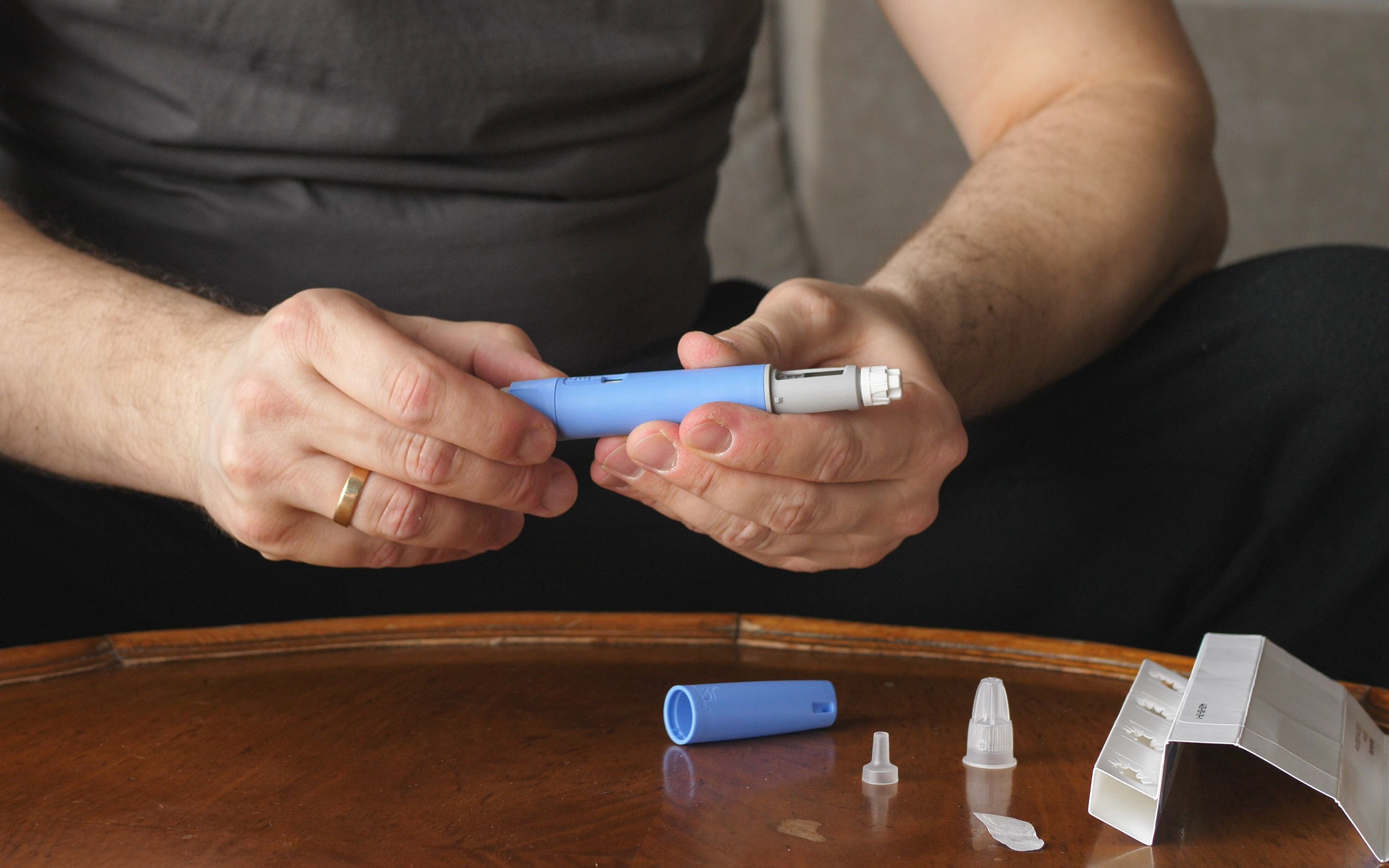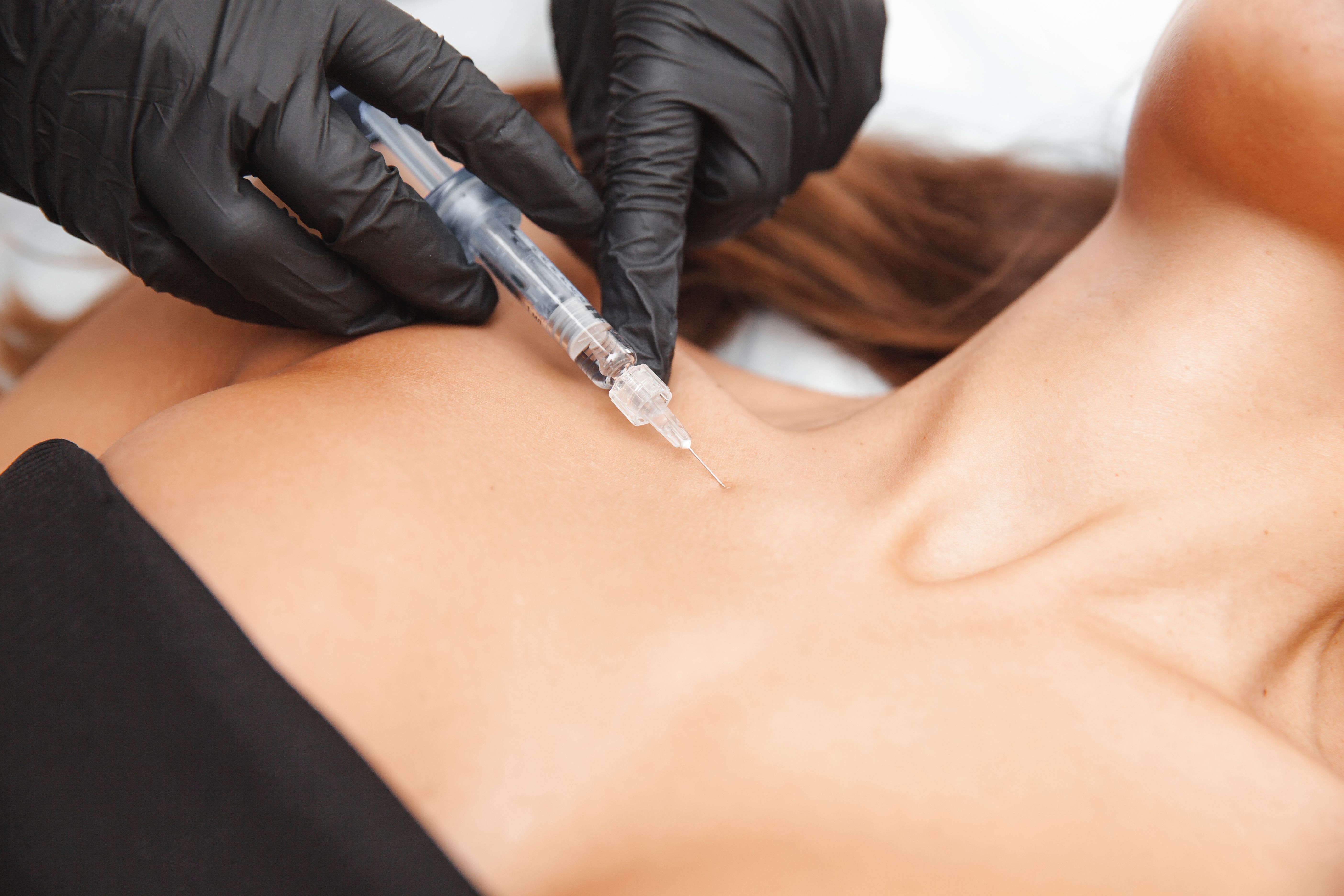- Case-Based Roundtable
- General Dermatology
- Eczema
- Chronic Hand Eczema
- Alopecia
- Aesthetics
- Vitiligo
- COVID-19
- Actinic Keratosis
- Precision Medicine and Biologics
- Rare Disease
- Wound Care
- Rosacea
- Psoriasis
- Psoriatic Arthritis
- Atopic Dermatitis
- Melasma
- NP and PA
- Skin Cancer
- Hidradenitis Suppurativa
- Drug Watch
- Pigmentary Disorders
- Acne
- Pediatric Dermatology
- Practice Management
- Prurigo Nodularis
- Buy-and-Bill
Article
Consumer Attitudes of Cosmetic Surgery During COVID-19
Author(s):
A recent survey gauges consumer attitudes toward aesthetic procedures in the wake of the coronavirus pandemic.
The American Society of Plastic Surgeons (ASPS) recently released the results of a national survey fielded by market research firm Quester.
The survey, gauging American’s perception of plastic surgery during the pandemic, analyzed responses from more than 1,000 consumers and asked questions about top treatments including overall feelings about the specialty.
The results of the survey show a positive attitude towards the aesthetic specialty during COVID-19, with 49% of those who haven’t had prior plastic surgery indicating openness to aesthetic treatment in the future. Of those, 28% would consider a first-time procedure.
Previous cosmetic surgery patients reported improved overall confidence. A total of 29% of all respondents indicated that rhinoplasty, facelifts and breast augmentation were the specific surgical treatments top of mind.
In addition to survey results, ASPS also provides guidance on how to prepare both physicians and their patients for in-office visits on top of what their local, regional and national public health authorities provide.
ASPS recommends:
- Knowing the up-to-date statistics in your community
- Reviewing patient flow plans that allow for social distancing
- Availability of COVID-19 testing in your area
- Reassessing cleaning protocols and daily sterilization of offices
- Evaluating access to anesthesia supplies and personal protective equipment
- Spending adequate time to educate staff
- Knowing availability of transfer options for your office-based OR/ambulatory surgery center
"Our goal at ASPS is to keep our finger on the pulse of the public and plastic surgeons for all information and questions pertaining to cosmetic and reconstructive plastic surgery,” says ASPS President Lynn Jeffers, M.D., MBA, FACS. “ASPS is proud to assist our members in getting back to their practices, and prioritizing the safety of patients, plastic surgeons, and their staff."





